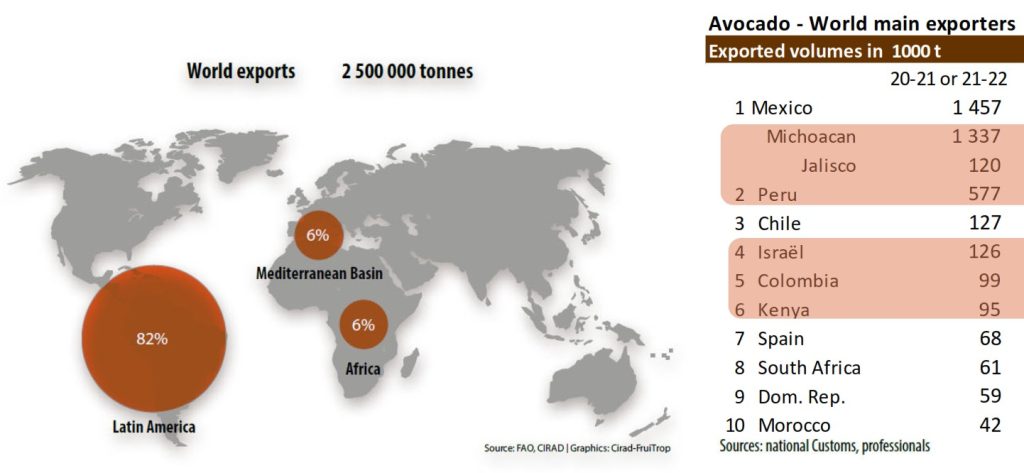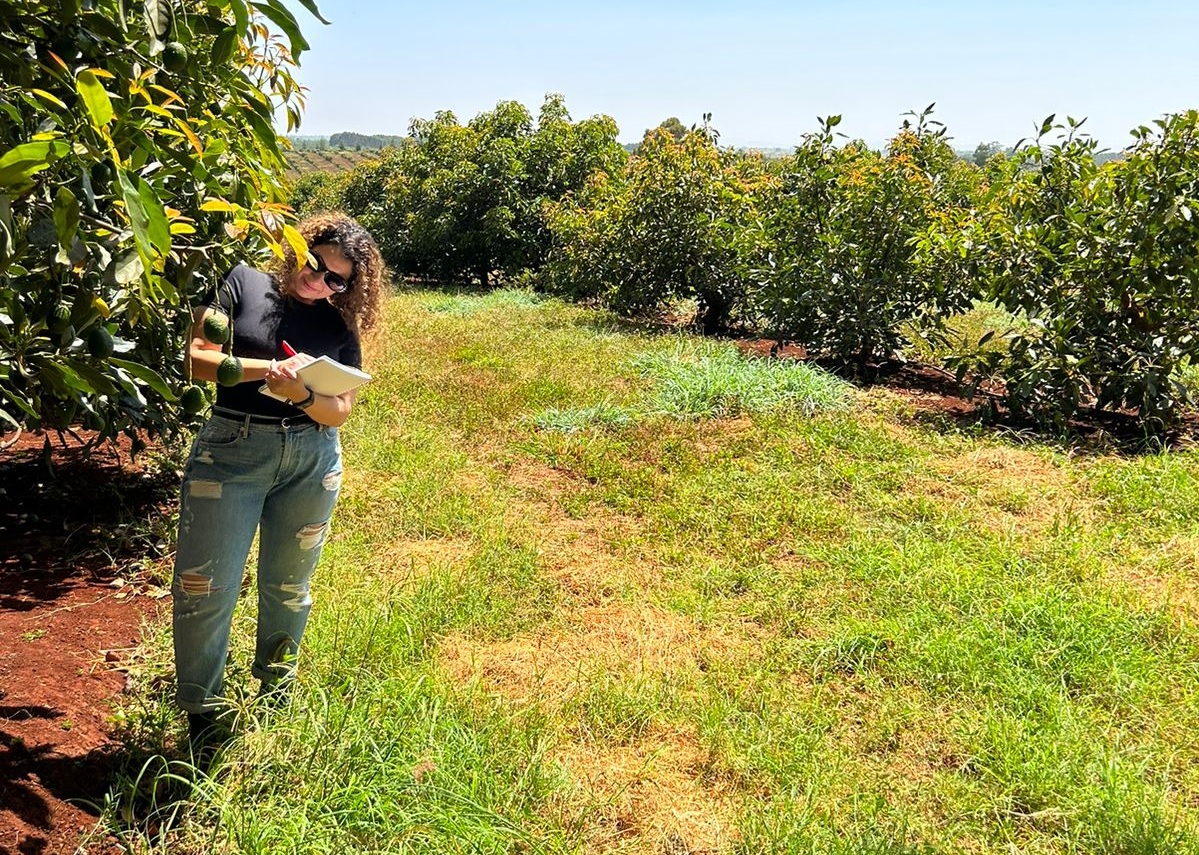Kenya, located in East Africa, is known for its diverse wildlife, beautiful landscapes, and vibrant culture. However, in recent years, the country has also been gaining recognition for its emerging avocado industry. Avocado production in Kenya has been growing steadily, with the majority of its exports going to Europe and other parts of the world.
Kenya’s avocado industry has been driven by the country’s favorable climate, which is ideal for avocado cultivation. Avocado trees thrive in areas with warm temperatures and well-drained soils, which are abundant in Kenya. As a result, many farmers in the country have turned to avocado farming as a way

to diversify their crops and increase their income.
The avocado industry in Kenya is concentrated in the central and eastern parts of the country, where the majority of avocado farms are located. The country’s total avocado production reached 115,000 tons in 2022
 , a significant increase from previous years. The industry has also created employment opportunities for many people, especially in rural areas where there are few other sources of income.
, a significant increase from previous years. The industry has also created employment opportunities for many people, especially in rural areas where there are few other sources of income.
One of the key factors that have contributed to the growth of Kenya’s avocado industry is the country’s favorable trade agreements with Europe and other parts of the world. Kenya’s avocados are highly valued in these markets due to their high quality, rich taste, and longer shelf life. Additionally, Kenya has implemented strict quality control measures to ensure that its avocados meet international standards, which has helped to boost consumer confidence in the product.
Kenya’s avocado industry has also faced its share of challenges. One of the most significant challenges is the lack of access to finance for many small-scale farmers. Avocado farming requires significant investment in land, water, and labor, which can be difficult for small-scale farmers to obtain. Additionally, the industry has been impacted by climate change, which can affect crop yields and quality.

 To overcome these challenges, the Kenyan government has implemented various initiatives to support the avocado industry. For example, the government has provided subsidies to small-scale farmers to enable them to purchase inputs such as fertilizer and seeds. Additionally, the government has invested in infrastructure development, such as roads and water supply systems, to support the growth of the industry.
To overcome these challenges, the Kenyan government has implemented various initiatives to support the avocado industry. For example, the government has provided subsidies to small-scale farmers to enable them to purchase inputs such as fertilizer and seeds. Additionally, the government has invested in infrastructure development, such as roads and water supply systems, to support the growth of the industry.
In conclusion, the avocado industry in Kenya has great potential for growth and development. With favorable climate conditions, strict quality control measures, and government support, the industry is poised to become a major player in the international market. However, it is important for stakeholders to address the challenges facing the industry, such as access to finance and the impact of climate change, in order to ensure its long-term sustainability.
If you are interested in our products or services, please do not hesitate to contact us. Our team will be happy to answer any questions you may have and provide you with more information.
You can reach us by email at info@sifresh.com

